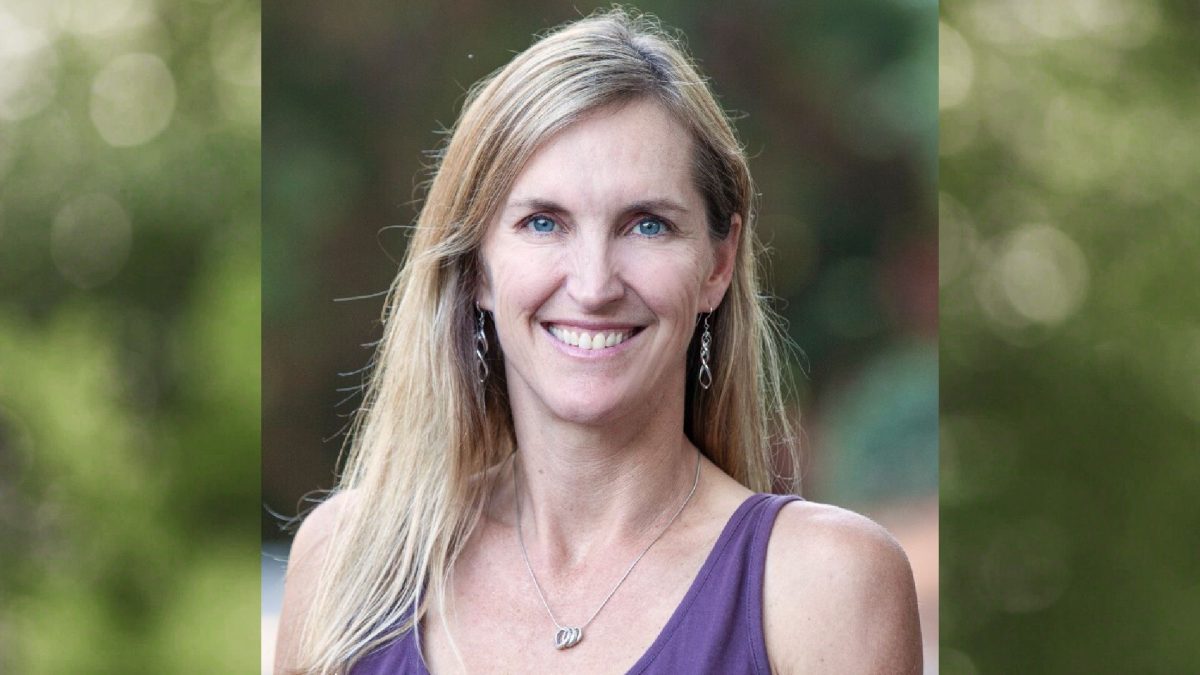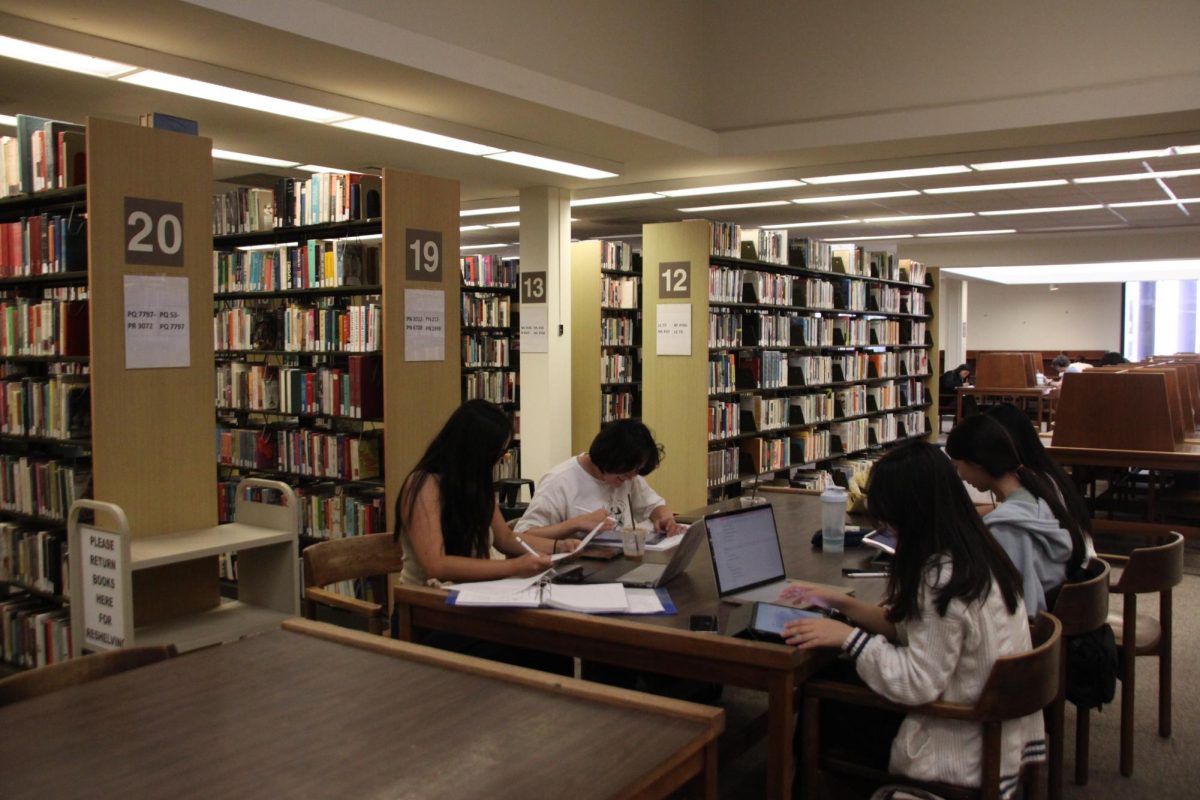While many students began the semester scrambling for open classes, the budget crisis slammed down even harder on DVC’s neediest students.
Specially funded programs were cut from 16 to 62 percent for under-prepared students or students with disabilities or who face language or economic barriers.
These so-called “categorical” programs include Disabled Support Services (DSS), Extended Opportunity Programs and Services (EOPS), CalWORKS (which helps poor parents get through school) and Matriculation, which makes sure students meet their educational goals through admissions, orientation, assessment, counseling and follow-up.
DVC’s matriculation funding was cut 62 percent, from more than $1 million last academic year to under $400,000 this year.
“I have never seen cuts this drastic to any program,” said Matriculation Dean Beth Hauscarriague, who has worked in community colleges for 19 years. “The services we provide are all so critical to a student’s success.”
So far, her program has reduced its counseling services, slashed its information center staff by 50 percent and suspended the English assessment test until November, Hauscarriague said.
DVC officials had expected to cushion the blow to matriculation and the other categorical program with an expected $130 million the state was to receive from the federal stimulus package.
But last week, they learned the state would only be given $37 million. And that money does not have to go to matriculation and the other specially funded programs.
Under the state’s reinterpretation of the federal guidelines, it can now be spent elsewhere on campus, including expenses normally paid out of the general fund budget.
“It’s significantly less than we originally thought,” said Hascarriague. “It changes every day, [and] it makes it very hard to plan.”
Hascarriague said all areas have been reduced or cut in some fashion.
“We cannot continue to operate in the way we have been operating,” she added.
DSS, which serves about 1,564 students with disabilities, cancelled all tutoring, eliminated a learning skills class and let go the hourly staff that helped with adaptive physical education, said Stacey Shears, DSS manager.
“We now have to rely on permanent staff and student workers,” Shears said. “We really need volunteers.”
DSS takes notes, translates, sets up special computers, and accommodates students who need help or more time on tests. The list goes on and on.
“It really impacts their success and even their ability to access higher education,” Shears said.
EOPS helps poor students and those who are unfamiliar with the process of going to college.
It was forced to reduce its book voucher amounts, reduce tutoring hours and the number of subjects offered, stop its work study program, suspend parent grants to some students who no longer qualify, and cut summer programs to save money for this year.
The program will only serve about 800 students this year, around 250 fewer than last year, and it will have to cut back even more next year, said EOPS director Emily Stone.
“EOPS is very much about access,” said Stone. “The reality is we’re closing the door to students.”
It is a similar story at CalWORKS, a program designed to help poor families get through school.
“I have had to lay off two hourly staff,” said CalWORKS coordinator Dona DeRusso. “The bigger impact is the impact it’s going to have for student childcare and work-study.”
Students in the program must maintain a job with the program. But now, some are forced to volunteer with the county to maintain employment status so they can continue to receive aid.
“I have a stack of probably 30 students who are waiting for work study placement,” DeRusso said, “and I don’t have the funds at this point to support that.”





































































